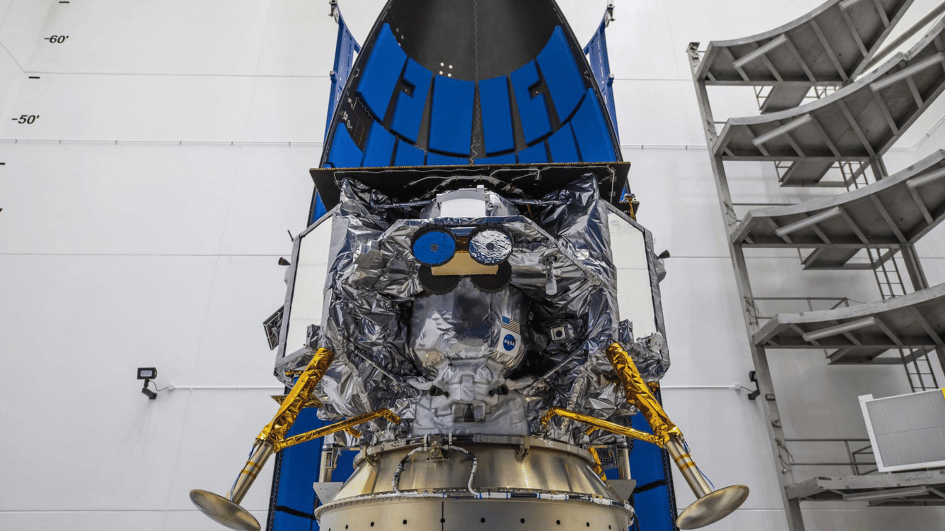
A historic private mission to land on the Moon was facing near-certain failure on Jan. 8 after the spacecraft suffered a "critical loss" of fuel, in a major blow to America's hopes of placing its first robot on the lunar surface in five decades.
Fixed to the top of United Launch Alliance's brand new Vulcan rocket, which was making its first flight, Astrobotic's Peregrine Lunar Lander blasted off overnight from Florida's Cape Canaveral Space Force Station, then successfully separated from its launch vehicle.
A few hours later, Astrobotic began reporting technical malfunctions, starting with an inability to orient Peregrine's top-mounted solar panel towards the Sun and keep its onboard battery topped up, owing to a malfunction in its propulsion system.
Though engineers found a way to tilt the spacecraft in the right direction thanks to an "improvised maneuver," the company then posted on X that the same propulsion failure appeared to be the cause of a "critical loss of propellant."
"We are currently assessing what alternative mission profiles may be feasible at this time," Astrobotic said, an apparent admission that the Peregrine would not achieve a controlled touchdown on the Moon as planned.
Peregrine was supposed to reach the Moon, then maintain an orbit for several weeks before landing in a mid-latitude region called Sinus Viscositatis, or Bay of Stickiness, on Feb. 23.